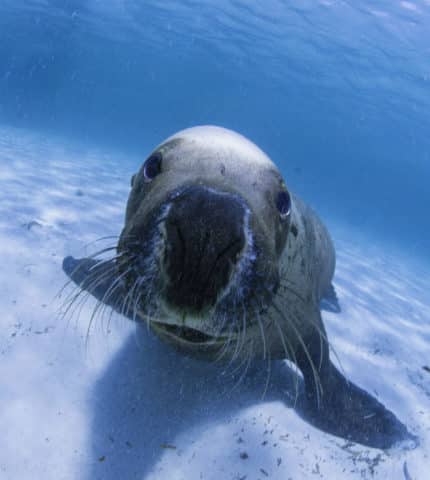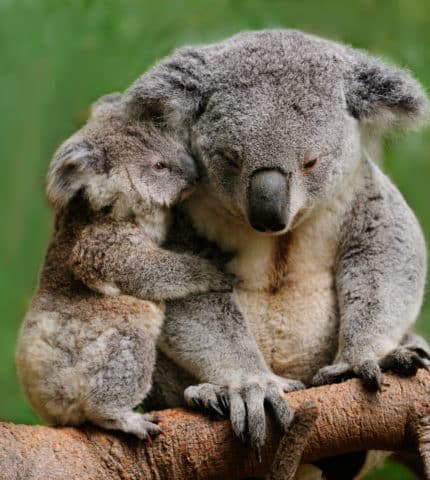Demystifying law reform
At Humane Society International we rightly place great emphasis on law reform. Laws are important because they set the rules for how animals are treated—whether they be animals in human or wild environments. Weak…
The Australian Government is currently consulting on a proposed Nature Repair Market, designed to facilitate private investment in nature conservation. Submissions on an exposure draft of the legislation that will create the Market are due on 24 February 2023.
The Government is proposing to introduce a Nature Repair Market to make it easier for businesses, organisations, governments, and individuals to invest in projects to protect, manage, and restore nature.
The proposed Market is part of the Government’s response to the 2021 State of the Environment Report, which highlighted the dire state of Australia’s natural environment. The Government is envisaging a system whereby private companies and individuals can fund nature repair and contribute to the government’s goal of no new extinctions and protecting 30% of Australia’s land and seas by 2030.
The Nature Repair Market Bill creates a system that will allow the Clean Energy Regulator to issue Australian landholders with tradable biodiversity certificates for projects that protect, manage, and restore nature. The biodiversity certificates can then be sold to businesses, organisations, governments, and individuals.
The Australian Government is currently consulting on an exposure bill for the Nature Repair Market. An exposure bill is the legislation that the government proposes to introduce to Parliament but provided to the community for consultation in advance of it being considered by the Parliament. The Government will review the feedback received and potentially make amendments before tabling the bill in Parliament.
The exposure bill is supported by four fact sheets that provide an overview of the nature repair market, provide information on the proposed biodiversity certificates, consider how to ensure integrity in the market, and outline how the government will support First Nations participation in the scheme.
To see all the materials available and find out how to make a submission on the Nature Repair Market, visit: https://consult.dcceew.gov.au/nature-repair-market-exposure-draft.
Submissions close on 24 February 2023.
Humane World welcomes the intent of creating a system that will facilitate private investment in nature repair. However, such a system must not replace Government investment, which needs to be significantly increased. The system must remain focussed on repairing past degradation and shouldn’t be conflated with an offset system that allows new environmental harm to take place in exchange for offsetting impacts elsewhere.
You can use the below points to craft your submission. The more you use your own wording, the better!
Things that we welcome in the draft legislation:
Key issues that require further consideration in the current exposure bill include:
If you would like to complete the questionnaire instead of writing a full submission, we recommend you use the same points above.
The questionnaire only has one question, so all feedback must be provided within a single space. Adjust the key points above to suit your writing style and supply them in full in response to the questionnaire.
Want to know more about the law reform process? Check out our blog Demystifying Law Reform by our Head of Campaigns Nicola Beynon!

At Humane Society International we rightly place great emphasis on law reform. Laws are important because they set the rules for how animals are treated—whether they be animals in human or wild environments. Weak…

2023 holds a lot of promise for nature. The Federal Government has committed to strengthening our national environmental laws to deliver on their goal of no new extinctions. They have proposed a Nature Repair…

Humane Society International welcomes agreement being reached at COP 15 in Montreal on the Global Biodiversity Framework. If governments go home and get to work on thoroughly implementing what they have agreed to at…